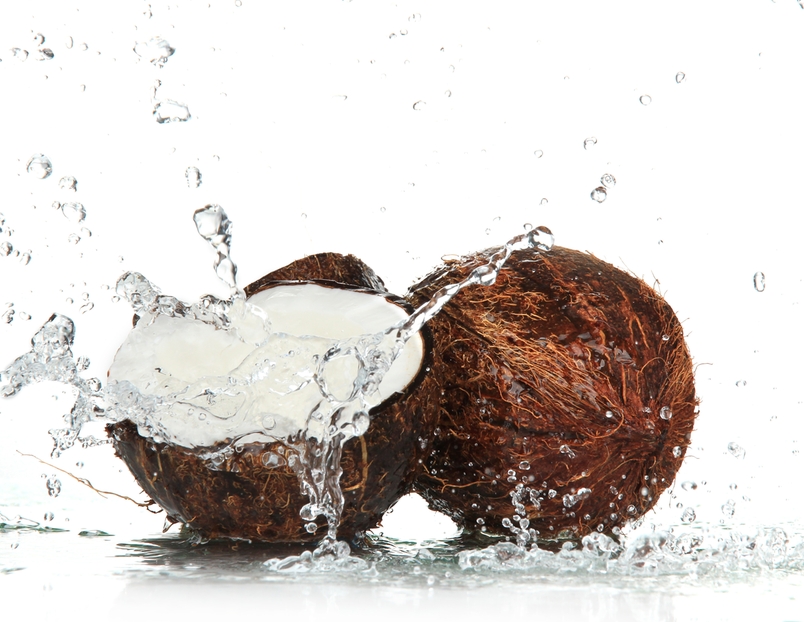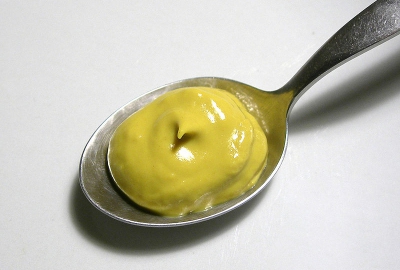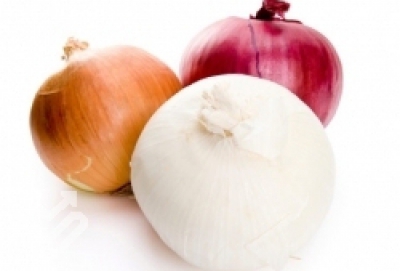The scientific name for coconut is Cocosnucifera. Early Spanish explorers called it coco, which means "monkey face" because the three indentations (eyes) on the hairy nut resembles the head and face of a monkey. Nucifera means "nut-bearing."
The coconut provides a nutritious source of meat, juice, milk, and oil that has fed and nourished populations around the world for generations. On many islands coconut is a staple in the diet and provides the majority of the food eaten. Nearly one third of the world's population depends on coconut to some degree for their food and their economy. Among these cultures the coconut has a long and respected history.
Modern medical science is now confirming the use of coconut in treating many of the above conditions. Published studies in medical journals show that coconut, in one form or another, may provide a wide range of health benefits. Some of these are summarized below:
Kills viruses that cause influenza, herpes, measles, hepatitis C, SARS, AIDS, and other illnesses.
Kills bacteria that cause ulcers, throat infections, urinary tract infections, gum disease and cavities, pneumonia, and gonorrhea, and other diseases.
Kills fungi and yeasts that cause candidiasis, ringworm, athlete's foot, thrush, diaper rash, and other infections.
Expels or kills tapeworms, lice, giardia, and other parasites.
Provides a nutritional source of quick energy.
Boosts energy and endurance, enhancing physical and athletic performance.
Improves digestion and absorption of other nutrients including vitamins, minerals, and amino acids.
While coconut possesses many health benefits due to its fiber and nutritional content, it's the oil that makes it a truly remarkable food and medicine.
Once mistakenly believed to be unhealthy because of its high saturated fat content, it is now known that the fat in coconut oil is a unique and different from most all other fats and possesses many health giving properties. It is now gaining long overdue recognition as a nutritious health food.

















